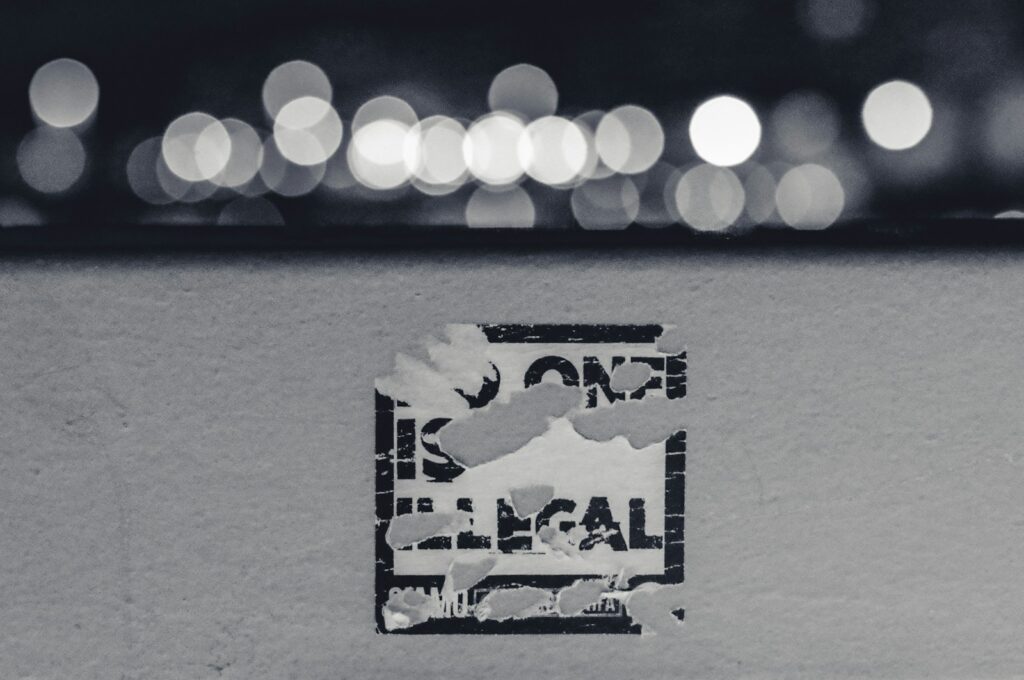
Invisible Enemy – Who Do We Fear and How Much?
If you have lived in Hungary in the last 10 years, you sure have gotten used to living with the constant presence of fear by now. We are afraid of Soros, afraid of the Brussels bureaucrats threatening our sovereignty, afraid of the \"pro-war liberals\" and most importantly, we are afraid of \"migrants\". There were several enemies introduced to the Hungarian population by the governing Fidesz-KDNP party alliance, including \"migrants\".











